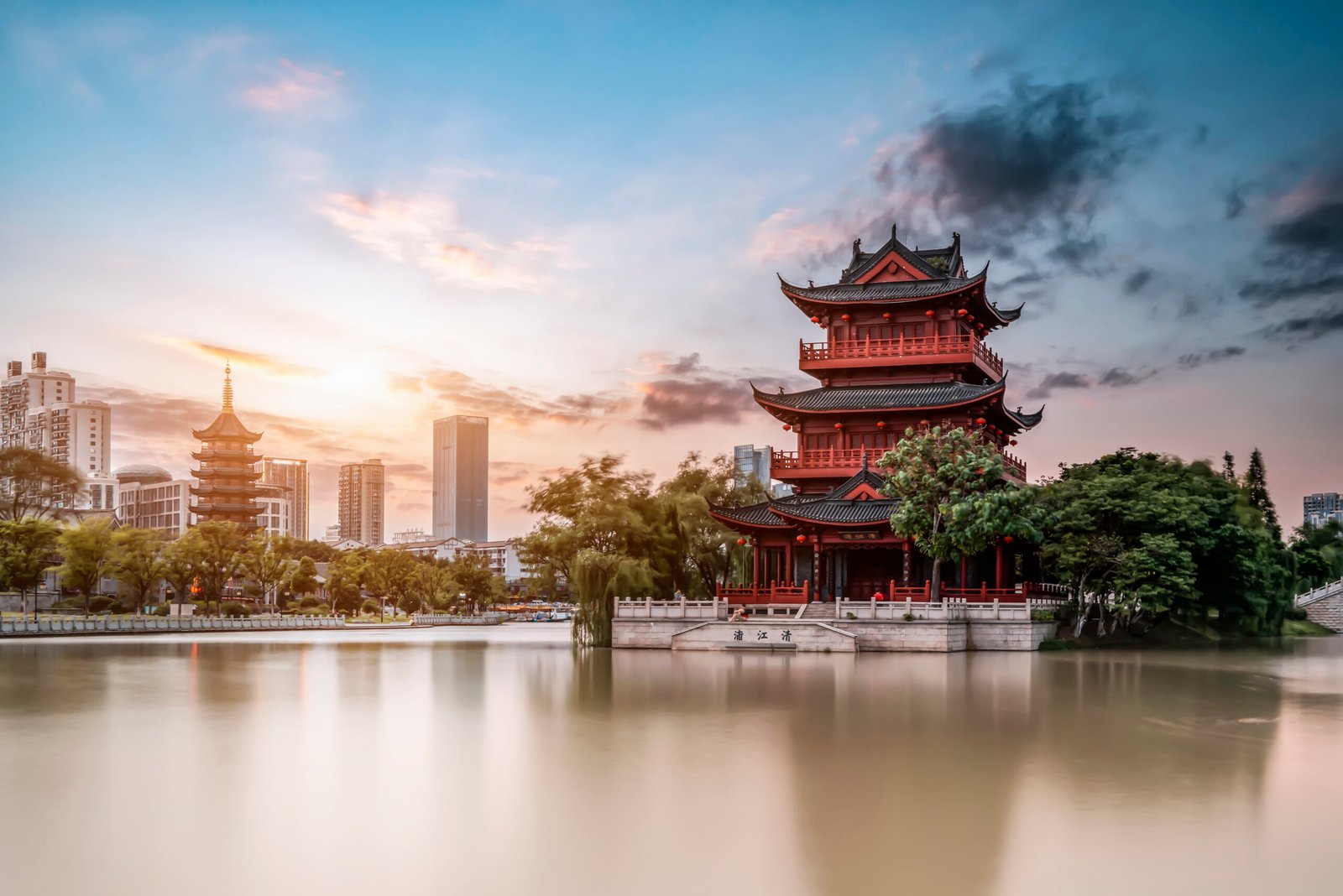
EU Tariffs on Electric Cars: A New Threat to European Farmers
- foodfightadmin
- June 19, 2024
- Global Hunger
- adlps, ads pages
- 0 Comments
The European Union’s decision to impose tariffs on electric cars from China has implications that extend far beyond the automotive industry, touching the very core of Europe’s agricultural sector and food security. This strategic move, while aimed at safeguarding European car manufacturers, raises concerns about its ripple effects on farmers across the continent.
The central issue lies in the retaliatory measures China might take. The EU’s 10% tariff on Chinese electric vehicles, set to begin on July 1, 2024, is aimed at protecting the European car industry from a flood of cheaper Chinese imports. This protectionist measure could have unintended consequences for European agriculture.
European farmers have already faced a cascade of challenges, from the lingering effects of the COVID-19 pandemic, to fluctuating commodity prices, to the ongoing conflict in Ukraine disrupting grain supplies. With the EU’s latest tariffs they face a new wave of uncertainty.
In 2022, the EU exported agricultural goods worth €16.3 billion to China, making it one of the largest markets for European farmers. The concern now is that China could retaliate against EU tariffs by imposing its own tariffs on European agricultural products, making them more expensive and less competitive in the Chinese market.
Jean-Marc Lambert, a dairy farmer from France, voiced his worries: “We are already struggling with the rising costs of feed and energy. If China decides to impose tariffs on our products, it could be devastating for many of us.”
The EU’s move comes as part of a broader strategy to ensure a level playing field in the automotive sector. Chinese electric vehicles, benefiting from state subsidies, are priced lower than their European counterparts, raising fears of an uneven competition landscape. EU Trade Commissioner Valdis Dombrovskis stated, “We are not seeking a trade war, but we must defend our industries against unfair practices.”
While the intentions behind the tariff are clear, the potential fallout for the agricultural sector cannot be ignored. European farmers are already under pressure to meet the EU’s Green Deal targets, which include reducing pesticide use and enhancing biodiversity. Adding economic pressure from potential Chinese tariffs could undermine these efforts, leading to a ripple effect on food security across the continent.
Agricultural economist Marta García expressed her concerns: “The EU needs to carefully consider the broader implications of its trade policies. Food security is a critical issue, and we cannot afford to jeopardize it through measures that could lead to retaliatory tariffs.”
As the situation unfolds, the focus should be on finding a balanced approach that protects European industries without putting undue strain on the agricultural sector. Engaging in dialogue with China to avoid a tit-for-tat scenario will be crucial.
European farmers are resilient, but they need support to navigate these complex challenges. Policies that protect one industry should not come at the expense of another, especially when it comes to something as vital as food security. The coming months will be critical in determining how the EU balances these competing interests to ensure a stable and secure future for all.








